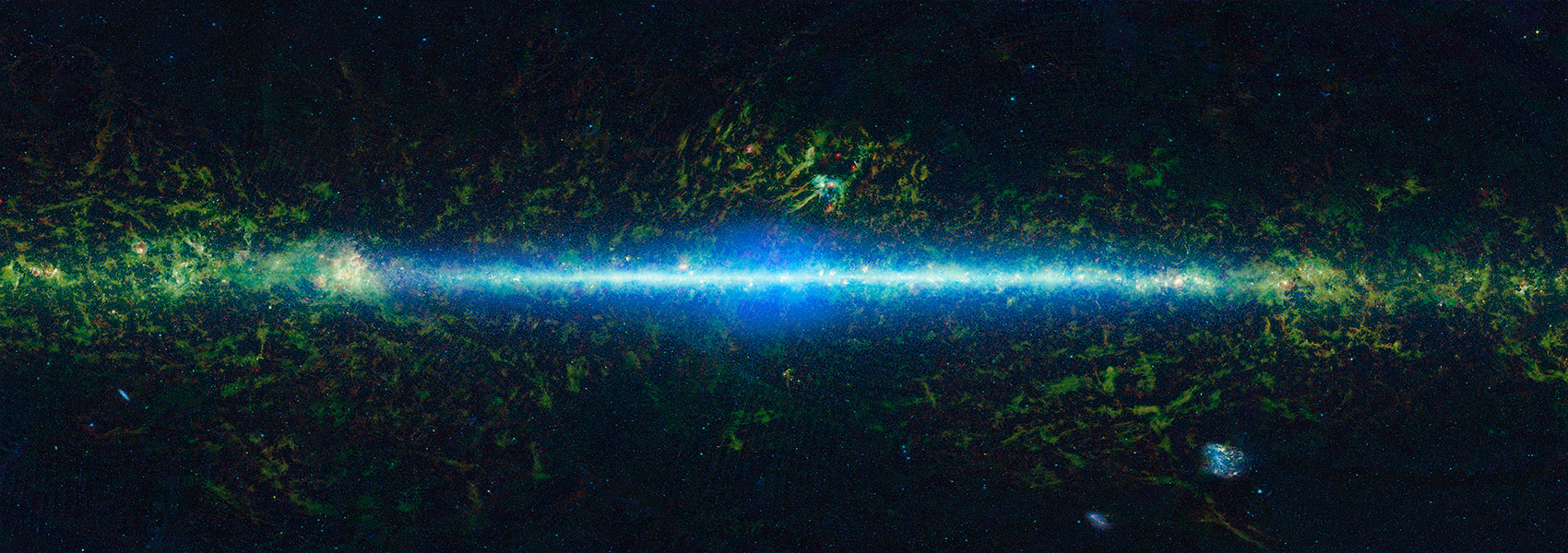2021 was a year of unexpected challenges and welcomed rewards. While COVID-19 continued to surge, the advent of vaccines brought some confidence that a post-COVID world is achievable. And while physical separation challenged team efficiency, IPAC and its partner projects all made remarkable progress, exiting the year with most future projects already in construction phase and operating projects humming along. Even more inspiring was the release of the Astro2020 Decadal Survey, offering an energizing and remarkable vision of the future of astronomy and astrophysics in the U.S. and worldwide.
As we approach the New Year and another perihelion in Earth’s orbit, there are a few highlights from IPAC I would like to share:
In spite of pandemic-driven social distancing, the Summer Sagan Workshop of 2021 was a resounding success for virtual gathering and networking, with over 800 participants helping to achieve the goals of the Workshop series on a truly global scale.
In a similar vein, the tiny mission operations team supporting Lunar Trailblazer worked relentlessly to prepare for the mission while acquiring skills and expertise new to IPAC.
In the flagship mission corner, Roman successfully passed its critical design review with IPAC contributions to the Ground System, signaling that the mission design is complete and development work can proceed full steam ahead.
Like Roman, most future projects partnering with IPAC are in their detailed design and development phase: Euclid, Lunar Trailblazer, SPHEREx and Roman all have launches scheduled from the early to the later twenties. NEO Surveyor is not far behind, working towards entering that development phase within a year. This is a striking illustration of the resilience and dedication of all those teams as they made sustained progress on the missions under pandemic conditions.
In the meanwhile, NEOWISE just marked eight years of survey operations and had their annual data release in March. ZTF is about to embark on its fifth year of sky survey, and achieved four data releases this year. In support of the operating surveys and the science community, the astrophysics archives at IPAC (Exoplanet Archive, IRSA and NED) also maintained their activities and met all commitments.
Looking forward, the Astro2020 report “Pathways to Discovery in Astronomy and Astrophysics for the 2020s” points to a future with remarkable opportunities and sobering challenges. The IPAC community resonated with many aspects of the report, from shared science interests to concerns about the state of the profession and our engagement with society. Both in my role at IPAC, and as one voice in the astronomy community, I look forward to continue engaging with our colleagues and looking for partnering opportunities for this decade and beyond.
IPAC staff have navigated the past couple of years with flexibility and resilience but have also evolved as a group. Like everyone else, we struggled with working in remote and hybrid environments, but I am incredibly proud and grateful to everyone at IPAC for their perseverance and professionalism throughout it all, and for their unwavering dedication to our mission to enable and participate in humanity’s explorations of the cosmos.
This year, some long-serving members of the IPAC staff transitioned to a well-deserved retirement. Replacements and new recruits brought fresh skills, interests, and perspectives to our community. I am excited by the promise of this renewal and curious about the directions in which the science and the community of IPAC will take us next.
Best wishes for 2022, and I hope to see you in the new year, preferably in person, along the “pathways to discovery!”




